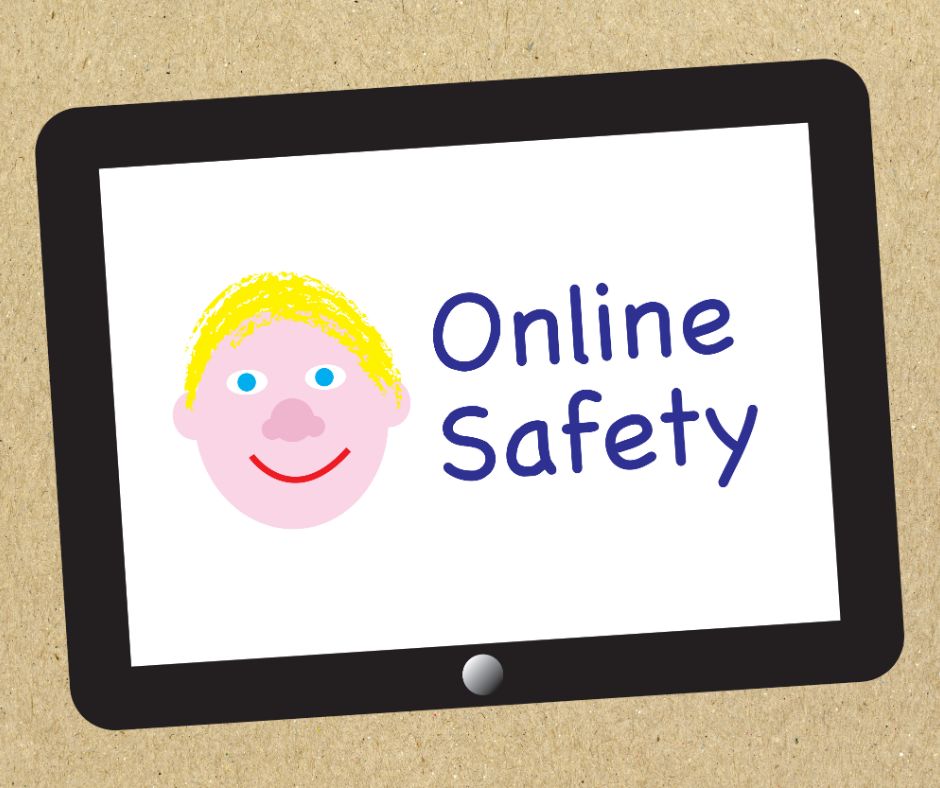Digital Literacy for Parents: A Guide to Supporting Children in a Tech-Savvy World

In today's tech-driven world, digital literacy has become a fundamental skill for success, and its importance extends to students of all ages. Parents play a crucial role in nurturing digital literacy in their children. This article aims to guide parents on how to support and educate their children in navigating the digital landscape safely and responsibly. From online safety to managing screen time, we will cover essential aspects of digital literacy that every parent should be aware of.
Understanding the Digital Landscape
Before we delve into the practical aspects of digital literacy, it's essential to understand the digital landscape in which our children are growing up:
- Pervasive Technology: Digital devices, the internet, and software applications are integral to modern life. Children encounter technology at school, home, and in social settings.
- Online Learning: With the advent of online education and e-learning platforms, technology has become an essential tool for students to access educational resources and complete assignments.
- Social Media: Social media platforms are a significant part of many students' lives. They offer opportunities for social interaction and connection but also come with potential risks.
The Role of Parents in Digital Literacy
Parents are the first line of defence in helping children develop digital literacy skills and use technology responsibly. Here are some key responsibilities of parents in this regard:
- Education: Parents should educate themselves about the digital tools and platforms their children are using. This includes understanding the basics of social media, online learning platforms, and internet safety.
- Open Communication: Establish open and ongoing communication with your child about their online activities. Encourage them to share their experiences, questions, and concerns about the digital world.
- Setting Boundaries: Set clear boundaries and guidelines for screen time, device usage, and online behaviour. These boundaries should be age-appropriate and aligned with your family's values.
- Modelling Behaviour: Be a positive role model when it comes to using technology. Demonstrate responsible screen time habits and ethical online behaviour.
Online Safety
Ensuring your child's online safety is a top priority. Here are some steps parents can take to protect their children in the digital realm:
- Privacy Awareness: Teach your child about the importance of personal information privacy. Instruct them not to share sensitive information such as addresses, phone numbers, or passwords online.
- Cyberbullying Awareness: Discuss cyberbullying with your child and emphasise the importance of kindness and respect in online interactions. Encourage them to report any instances of cyberbullying.
- Safe Online Friends: Advise your child not to accept friend requests or engage in conversations with strangers online. Emphasise the importance of only connecting with people they know in real life.
- Parental Controls: Utilise parental control software and settings on devices and apps to filter content, set screen time limits, and monitor online activity.
Balancing Screen Time
Managing screen time effectively is essential for maintaining a healthy balance between digital engagement and other activities. Here are some tips for achieving this balance:
- Establish Daily Limits: Set daily screen time limits for recreational activities. Encourage your child to use technology for educational purposes and leisure in moderation.
- Quality Over Quantity: Emphasise the quality of screen time over the quantity. Encourage your child to engage in meaningful, educational content and activities.
- Screen-Free Zones: Designate certain areas of the house, such as the dining room or bedrooms, as screen-free zones. This encourages family interactions and a break from screens.
- Engage in Offline Activities: Encourage your child to participate in offline activities such as reading, sports, hobbies, and spending time with family and friends.
Promoting Critical Thinking
Digital literacy isn't just about using technology; it's also about thinking critically and making informed decisions online. Parents can foster critical thinking skills in their children by:
- Encouraging Questioning: Teach your child to ask questions and verify information found online. Encourage them to evaluate the credibility of websites and sources.
- Discussing Online Content: Engage in discussions about the content your child encounters online. Encourage them to express their thoughts and opinions while providing guidance and context.
- Teaching Digital Etiquette: Instil the importance of digital etiquette, including respect for others' opinions, avoiding online arguments, and using language appropriately.
Online Learning and Educational Resources
With the rise of online education, digital literacy is increasingly tied to academic success. Parents can support their children's online learning by:
- Creating a Learning Environment: Designate a quiet, organised space for online learning. Minimise distractions to help your child stay focused.
- Regular Check-Ins: Check in with your child about their online classes and assignments. Ensure they are keeping up with their coursework and managing their time effectively.
- Tech Troubleshooting: Familiarise yourself with the technology and platforms used for online learning. Be prepared to troubleshoot technical issues if they arise.
Conclusion
In a world where technology is an integral part of daily life, parents play a crucial role in nurturing their children's digital literacy. By staying informed, fostering open communication, ensuring online safety, balancing screen time, promoting critical thinking, and supporting online learning, parents can empower their children to navigate the digital landscape safely and responsibly. With the right guidance, children can harness the power of technology to enhance their education and personal development while minimising potential risks.


